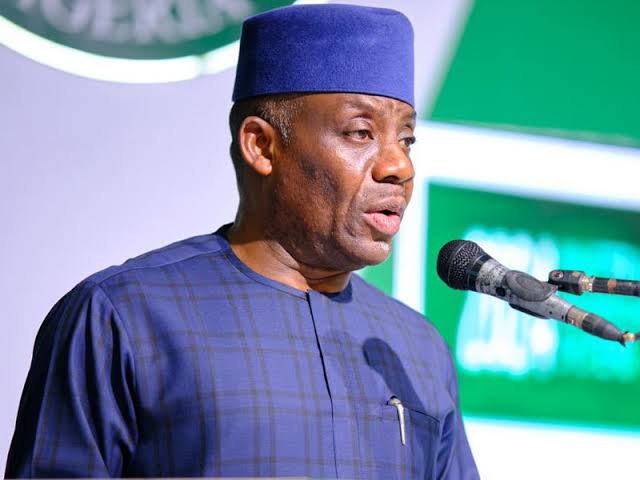FG Approves 11 New Private Universities
FG Approves 11 New Private Universities
By Achimi Muktar
In a bold push to expand access to higher education and revolutionize Nigeria’s academic landscape, the Federal Government has issued operational licenses to 11 new private universities—bringing fresh hope to thousands of admission-seeking students across the country.
At a formal presentation in Abuja, the Minister of Education, Dr. Tunji Alausa, revealed that the new institutions were approved following a rigorous evaluation process by the National Universities Commission (NUC). This move, he said, aligns with President Bola Tinubu's education sector renewal agenda aimed at restoring excellence in Nigerian tertiary education.
The newly licensed universities include:
New City University, Aiyetoro, Ogun State
Lens University, Ilemona, Kwara State
Kevin Ezeh University, Mgbowo, Enugu State
Southern Atlantic University, Uyo
University of Fortune, Igbotako, Ondo State
Minaret University, Ikirun, Osun State
Abdulrasaq Abubakar Toyin University, Ganmo, Kwara State
Monarch University, Iyesi Ota, Ogun State
Tonnie Iredia University of Communication, Benin, Edo State
Isaac Balami University of Aeronautic and Management, Lagos State
Eranova University, Kuje, FCT
“These universities are not just new names on a list,” Alausa declared. “They represent a renewed call to action in building a future-ready, globally competitive Nigerian university system.”
While celebrating this expansion, the minister didn’t hold back on the challenges. He emphasized the need for institutions to prioritize STEMM disciplines (Science, Technology, Engineering, Mathematics, and Medical Sciences) over the oversaturated social sciences.
“We need problem-solvers who can build industries, not just paper degrees,” he stressed.
With 159 private universities now operating in Nigeria, Alausa admitted that many still fall short of quality expectations. To address this, the NUC is revamping its quality assurance system and has made it clear that these licenses are provisional, valid for three years and subject to strict monitoring.
NUC Executive Secretary, Abdullahi Ribadu, added that the new additions reflect the growing role of the private sector in reshaping the educational space. “From just 49 universities in 1999, we now have 298—with over half privately owned,” he noted.
Representing the new proprietors, Jimoh Ibrahim, owner of University of Fortune, called for the removal of restrictions on international collaborations, stressing the need for Nigerian universities to become global knowledge hubs.
Another proprietor, Tony Iredia of Tonnie Iredia University of Communication, urged the federal government to shorten the moratorium period for new schools and address poor dissemination of academic research.
With Nigeria’s youthful population and increasing demand for tertiary education, the question now is: will these new universities deliver on quality—or simply add to the numbers? Only time—and regulation—will tell.




















